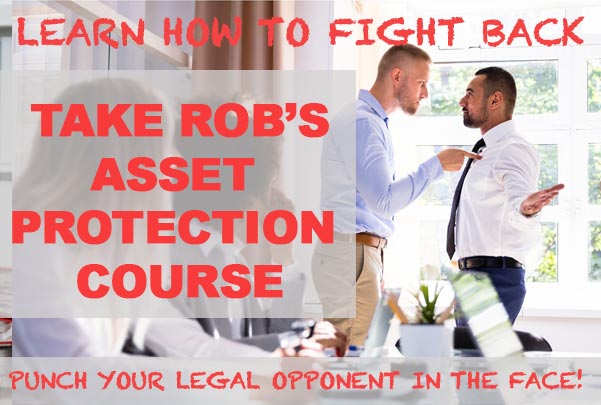Frequently asked questions about Asset Protection Trusts
Why have an Asset Protection Trust?
Every state has laws in place preventing a person from disposing of his assets where there is a real or substantial risk of insolvency, or where the intention is to place the assets beyond the reach of creditors (which is also known as fraudulent conveyance). When a person does such a transfer for insufficient consideration, subsequently a creditor may apply to the courts to set aside the transfer and have the assets returned to the Settlor, at which time they become available for the creditor.
How does an Asset Protection Trust work?
In brief, the creation and operation of an Asset Protection Trust are made possible by enacting special legislation in the foreign jurisdictions where the trust resides. The legislation provides that a transfer of property to a special trust in specific circumstances cannot be set aside by the creditors of the Settlor. Generally, the conveyance to the Asset Protection Trust is not prohibited where the Settlor was not rendered insolvent as a result of the transfer. Depending upon the jurisdiction, there may be specific requirements for registering the Asset Protection Trust, the trustee or the conveyance, etc.
Where are the jurisdictions of Asset Protection Trusts?
There are a number of countries that have enacted asset protection legislation. Among them are the Bahamas, Belize, Cayman Islands, Cook Islands, Cyprus, Gibraltar, Mauritius, and Turks & Caicos Islands.
What are the features of an Asset Protection Trust?
The typical form of Asset Protection Trust is a discretionary trust (with the Settlor as one of the beneficiaries). An Asset Protection Trust often provides for the accumulation of income during the term of the trust. It is quite important that the trust is irrevocable, the assets are situated offshore, and that everyone who has control of the assets is located offshore. The Settlor should not reserve for himself the power to distribute trust capital or have the power to change the governing law/trustees/location of the Asset Protection Trust.
What are some of the risks involved in an Asset Protection Trust?
As can be expected, U.S. lawmakers and the IRS do not like the idea that people can avoid paying to their creditors by simply moving their assets out of the U.S. In order to prevent this, legislation has been enacted with the intent to prevent “Insolvent” people from transferring their assets in a fraudulent manner, or with the intention or effect of defeating or delaying creditors. It is safe to say that anyone transferring, or assisting in the transfer of assets to an Asset Protection Trust when the Settlor is insolvent, will face the possibility of both civil and criminal charges. Accordingly, caution must be exercised if there is any question of insolvency. It is also recommended that an Asset Protection Trust be considered where a domestic trust would otherwise be used as part of the estate plan.
If you would like more information regarding asset protection, trusts, family limited partnerships or the subject of this article please call or email our office.

Planning and Trust info
- What is an Asset Protection Trust?
-
Dynasty Trusts
- Asset Protection Trusts – How do they work?
- Who needs Asset Protection?
- Basic Asset Protection 1
- Basic Asset Protection 2
-
8 Key Concepts
- Practical uses of asset protection trusts
- Settlement of an asset protection trust
- Practical uses of asset protection trusts
- Basic Trusts
- Asset Protection Trusts – Guernsey
- Asset Protection Trusts – Guernsey
- Jurisdiction Selection
- Best State for Asset Protection
- What are Asset Protection Trusts
- Death of Asset Protection Trusts
- Low Income Trusts
- Asset Protection under Nevada & RULPA
- Foreign Asset Protection Trusts – FAPT’s
- Rutgers Law Review
- Western Samoa Trusts
- Isle of Man
- Jersey
- Lubuan
- Liechtenstein
- Privacy and asset protection
- Lawsuit boom pushes people into protecting assets
- Asset Protection privacy and the Internet
- Revocable Trusts and avoiding probate
- Asset protection: what assets need protecting?
- Strategy tips for asset protection
- Asset Protection Trusts: more ways to protect your finances
- Where do you entrust your trusts?
- The purpose of an Asset Protection Trust (APT)
- Does Asset Protection really work?
-
Frequently asked questions about Asset Protection Trusts
- Basic information about Asset Protection Trusts
- Domestic Asset Protection Trust
- Nine big mistakes in Asset Protection Planning
- Can having Asset Protection get you in trouble?
- Protecting your assets now
-
Asset Protection and Fraudulent Transfer
- The legality of Asset Protection
- Fraudulent Conveyance and how to avoid it
[forminator_form id=”1485″]

FIGHTING BACK!
